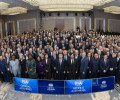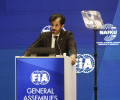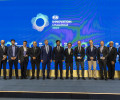FIA University Hosts Second Annual Research Seminar Showcasing Thought Leadership across Sport and Mobility
24 June, 2025 – The FIA strengthened its commitment to knowledge generation and innovation with the second annual FIA University Research Seminar, held at the federation’s headquarters in Geneva.
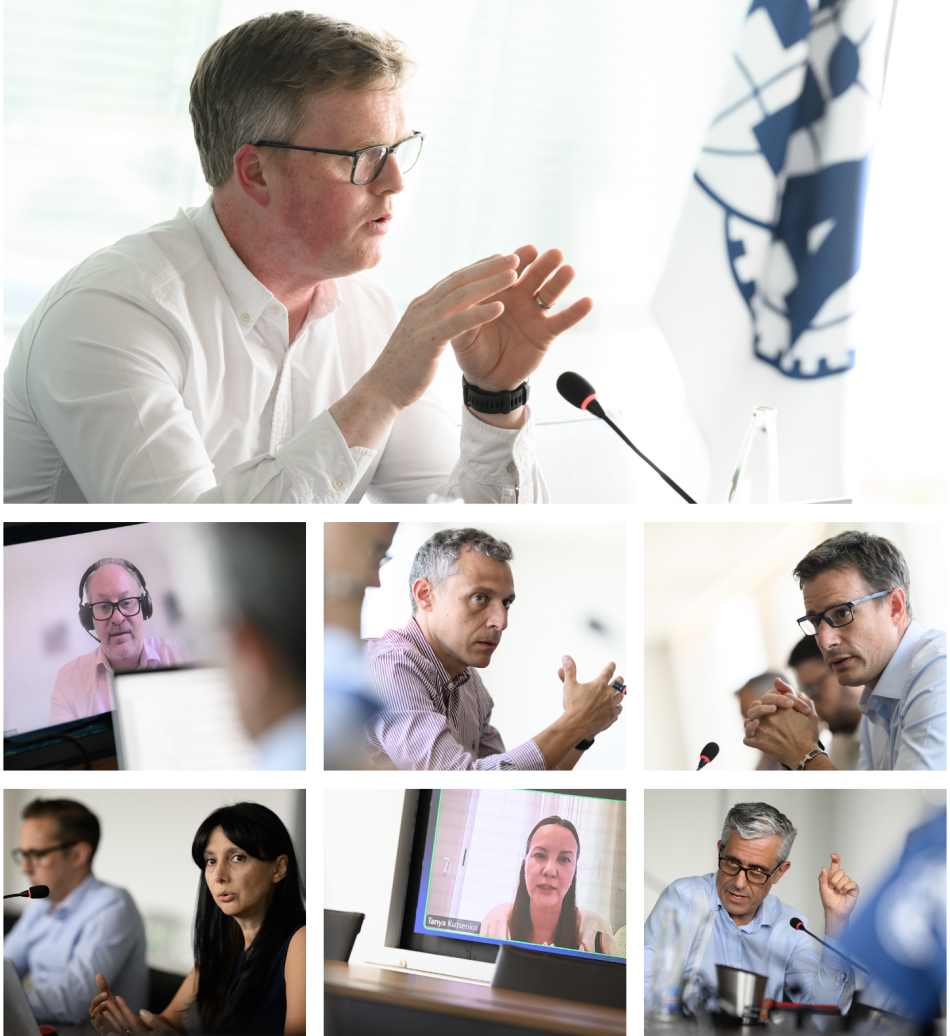
As part of the FIA’s broader thought leadership series, the seminar brought together internal experts from across the federation to showcase ongoing research and development projects that are shaping the future of motorsport and mobility.
The seminar was Chaired by Professor David Hassan, FIA University, and built upon the success of an earlier seminar, held in March, 2024. This focused on how the FIA can continue to lead research and innovation, providing value to FIA Member Clubs and wider society through informed, evidence-based activity.
Professor Hassan said, “The quality of research work ongoing within the FIA is very impressive. Alongside the exceptional academic collaborations forged by FIA University, there is the potential for the federation to emerge as the foremost centre for research and development in the fields of mobility and motorsport. This is especially true in the field of mobility where we are at the start of a major shift in car usage, with the likes of autonomous driving, road safety, EV’s, smart cities and data services.”
Driving Innovation Across Disciplines
Presentations highlighted cross-sector work in areas ranging from technical and safety innovation to digital heritage, education and advocacy:
- Dr Sean Petherbridge, President of the FIA Medical Commission, shared research that led to the decision to discontinue the use of extractable seats as an tool in single-seater cars from 2026. This policy shift—based on medical data—improves emergency response and driver safety.
- Marco Petrilli, FIA Deputy Safety Director, and Thomas Chevaucher, FIA Technical Engineering Director, showcased how FIA research led the development of the current Rally1 safety cell, with further enhancements underway and plans to extend the concept to over 1,500 Rally2 cars. Their ongoing work also includes testing hydrogen tanks and developing grassroots motor sport safety innovations.
- Lana Ghvinjilia, E-Archive and E-Library Project Curator, introduced the FIA’s digital archive project and upcoming public e-library. The initiative opens 121 years of FIA history to scholars, historians, and researchers, enhancing institutional knowledge and research opportunities.
- Tanya Kutsenko, FIA Sport Development Consultant, presented FIA University’s academic partnerships and scholarship programmes with institutions such as Cranfield University and Dublin City University (DCU) Business School. These empower young researchers, support engineering excellence, and address topics like online abuse in sport.
- Stefano Ammirati, Director of Road Safety and Global Advocacy, emphasised how regional priorities are shaping the FIA’s Mobility advocacy strategy, built around three core pillars: road safety, sustainability, and connectivity/data access. From digitalisation in Europe to infrastructure challenges in developing regions, the approach is delivered through three channels: FIA-led initiatives, region-driven research, and Club-led projects.
- Professor David Hassan also provided an update on the United Against Online Abuse (UAOA) coalition, now joined by 39 international federations. With €1.18M in secured funding and a 154% growth in participation, the project is scaling its global impact and preparing new research on abuse affecting referees and officials.
Advancing the FIA’s Thought Leadership Mission
In closing, Valerio Iachizzi, FIA Secretary General for Sport, called for strengthened cross-departmental collaboration and improved internal communication around research efforts. Willem Groenewald, FIA Secretary General for Mobility, highlighted that research and data are essential tools to deliver value to Member Clubs. He welcomed the evolution of FIA University as a platform for thought leadership, capable of shaping future insights across sport, mobility, and sustainability.
By promoting greater visibility of research across FIA departments, the seminar encouraged interdisciplinary collaboration and reinforced the Federation’s role as a knowledge-led organisation driving positive change across sport and mobility.
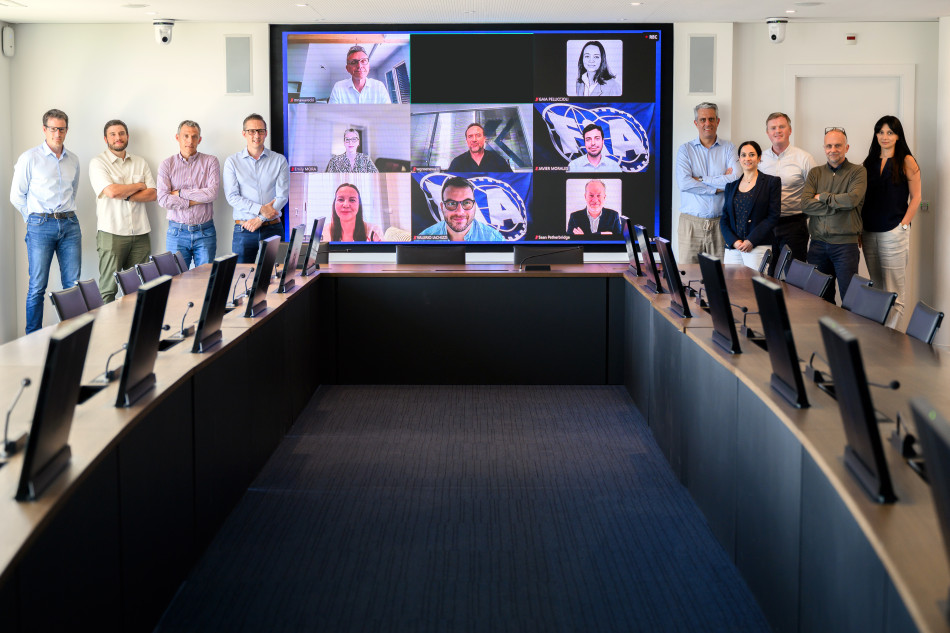

 Facebook
Facebook Twitter
Twitter




